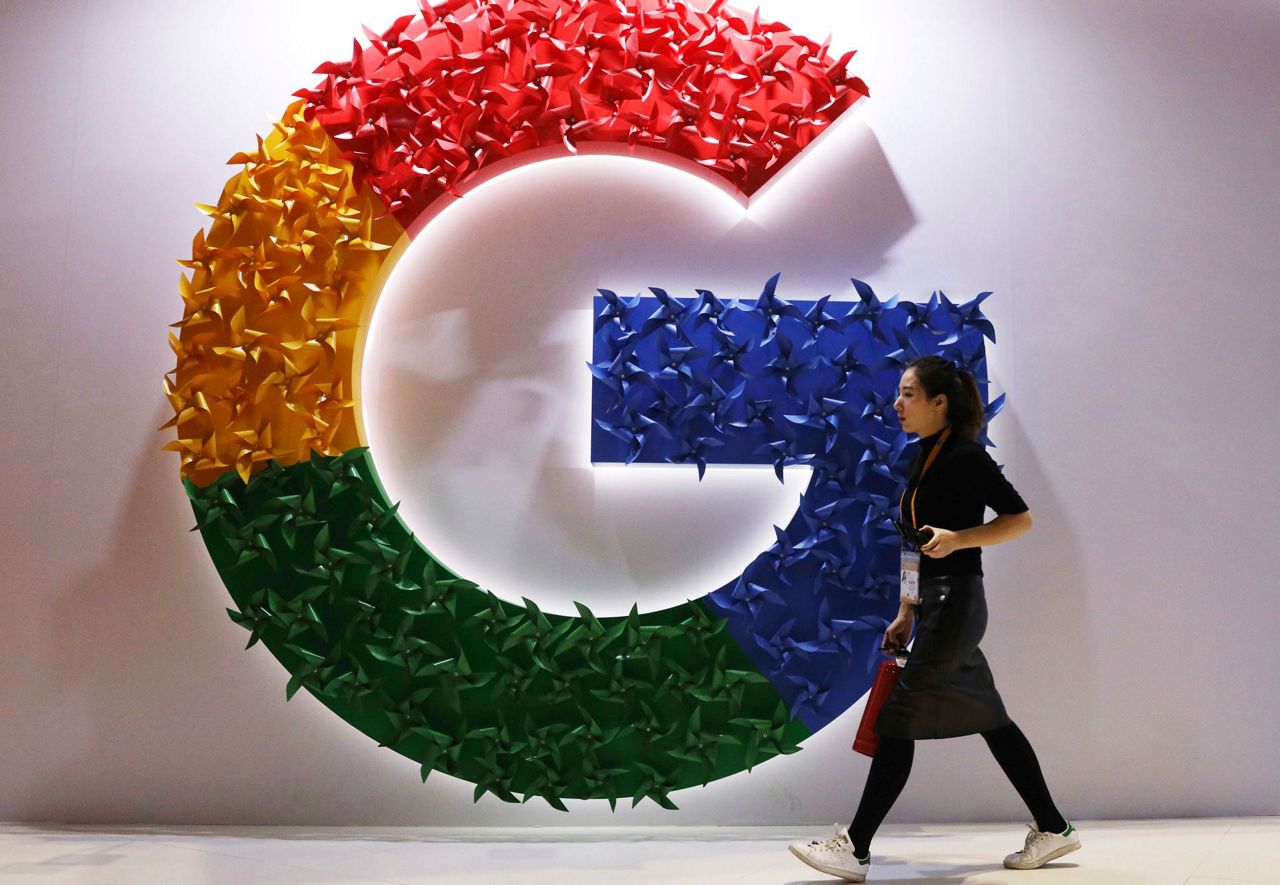Google has expanded options for keeping personal information private from online searches.
The company said earlier this week that it will let people request that more types of content such as personal contact information like phone numbers, email and physical addresses be removed from search results.
The new policy also allows the removal of other information that may pose a risk for identity theft, such as confidential log-in credentials.
The company said in a statement that open access to information is vital, “but so is empowering people with the tools they need to protect themselves and keep their sensitive, personally identifiable information private.”
“Privacy and online safety go hand in hand. And when you’re using the internet, it’s important to have control over how your sensitive, personally identifiable information can be found," it said.
Google Search earlier had permitted people to request that highly personal content that could cause direct harm be removed. That includes information removed due to doxxing and personal details like bank account or credit card numbers that could be used for fraud.
But information increasingly pops up in unexpected places and is used in new ways, so policies need to evolve, the company said.
Having personal contact information openly available online also can pose a threat and Google said it had received requests for the option to remove that content, too.
It said that when it receives such requests it will study all the content on the web page to avoid limiting availability of useful information or of content on the public record on government or other official websites.
“It’s important to remember that removing content from Google Search won’t remove it from the internet, which is why you may wish to contact the hosting site directly, if you’re comfortable doing so," it said.
—
This article has been updated to correct the timing of Google's announcement. It came earlier this week, not Friday.
Copyright 2022 The Associated Press. All rights reserved. This material may not be published, broadcast, rewritten or redistributed without permission.




